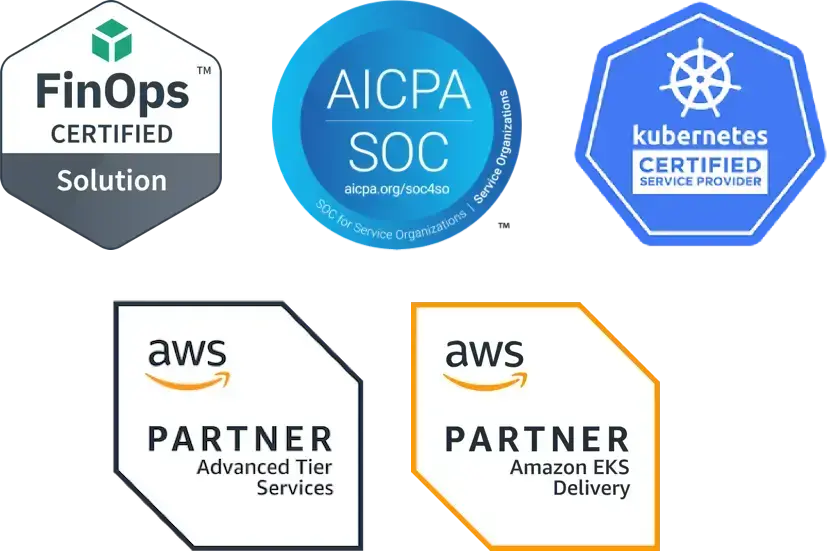Kubernetes is an open-source container orchestration platform that allows you to manage automated workloads at scale. A workload is any job that needs to get done, such as hosting a website, migrating a database, or sending a simple email. Kubernetes workloads can be broken down into two categories:
- External workloads, which interface with external users. This could be a website or an API.
- Internal workloads, which operate inside of Kubernetes to help other workloads do their jobs. This includes activities like logging, networking and certificate management.
These workloads could be long-running deployments, or short-lived jobs. Regardless of the type, Kubernetes enables you to automate and manage all of your workloads under one roof.

